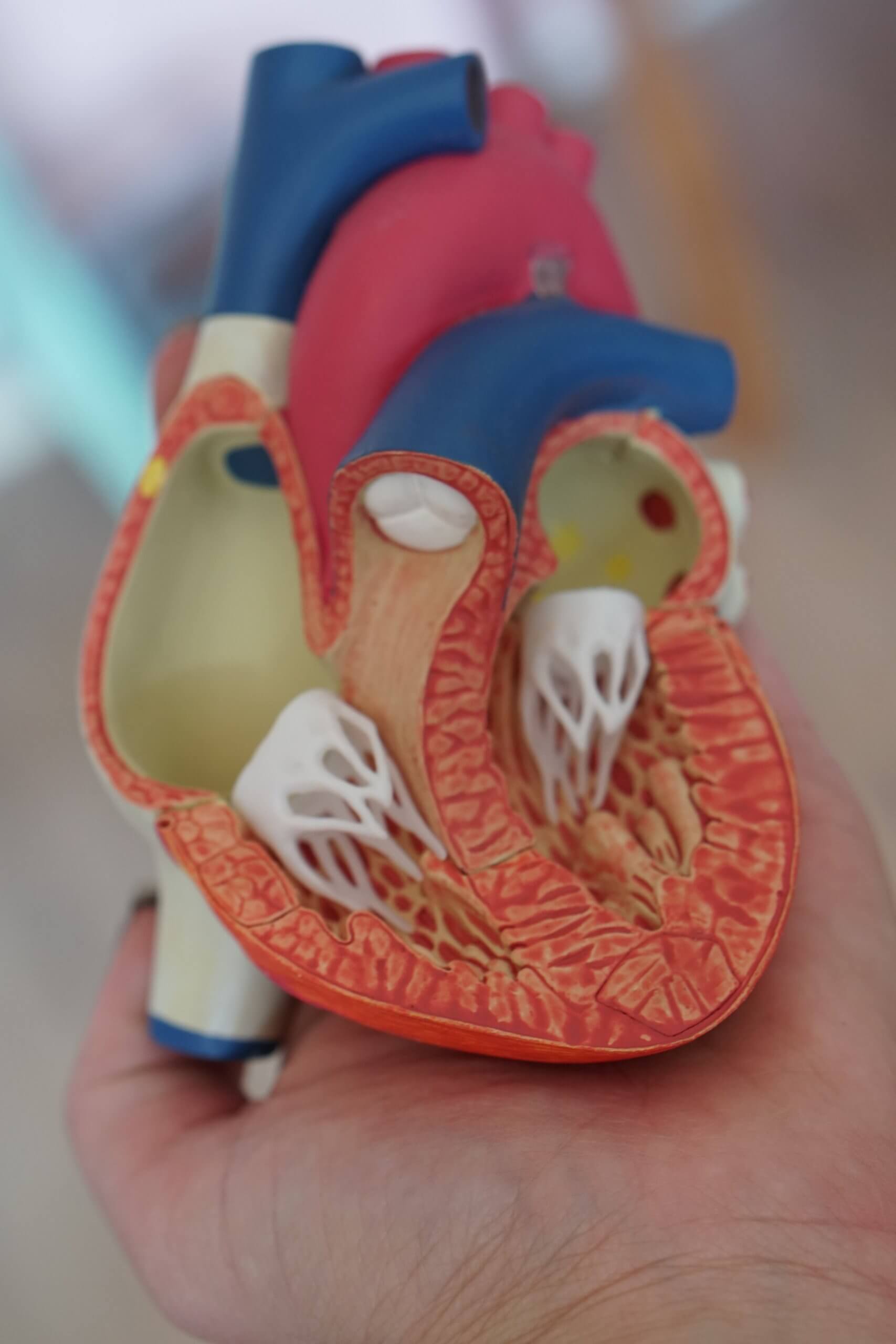As you may already know, February is American Heart Month– an opportunity to learn about the risks associated with different heart conditions that can affect anyone– even runners. Below, we’ve compiled three heart-health questions you should ask yourself, especially if you believe that running alone will prevent you from developing a heart-related condition.
How’s your diet?
As runners, it is important that we use food as fuel since so much of our energy is burned during a run. Sometimes, we indulge in foods we really shouldn’t with the notion that we’ll just burn it all off during our next run. In order to avoid heart disease caused by high cholesterol and blood pressure, try to limit your consumption of red meats, white bread and pasta, processed foods (think: most foods that you buy in a pre-made package), and sugary sweets.

Are you getting enough rest?
As a runner, knowing when to rest (and actually following through with it) is crucial for many reasons. Of course, excess running without proper rest and stretching can result in stress fractures, shin splints, and plantar fasciitis. But, did you know that excessive running can actually cause your heart tissue to thicken? Among other issues, this could possibly lead to atrial fibrillation or irregular heartbeat. 
Though endurance exercise, like marathon running, reduces the long-term risk of developing heart issues, it can in fact raise the risk of developing them in the short term. During a marathon, about 1 in every 57,000 participants will experience cardiac arrest. These are low odds, but the risk is still there. To keep yourself safe, get plenty of rest between big runs and pay close attention to the messages your body is sending you. Seek medical attention if you notice a change in how you feel while running, such as a tightness or pressure in the chest, pain or numbness in your arms and legs, or feeling faint and light-headed.
Do you know your family history?
Even the healthiest person can be at risk of developing a heart condition if there is a family history of it. Though genetic predispositions can be controlled significantly with a proper diet and regular exercise– the risk remains. In fact, 40% of the risk for cardiovascular disease results from a genetic predisposition. 
In order to get ahead of any possible cardiac issues, gather as much medical information as you can from your parents, aunts, uncles, and grandparents. After all, knowledge is power and the further back you can gather health data, the better.
Be sure to share your findings with your general physician and take any preventive measures possible. These will include maintaining healthy body weight by eating a healthy mix of whole foods, as the risk for heart disease doubles in individuals with risk genes who also have unhealthy eating habits. On top of eating risk, living a healthy lifestyle by staying active (but not overdoing it) and seeing your doctor for regular heart checks can keep your heart healthy and strong for years to come.
In honor of American Heart Month, take the time to assess your heart disease risk and take one preventative step to keep yourself healthy and strong!
Guest Post Written By Shannon Berry


